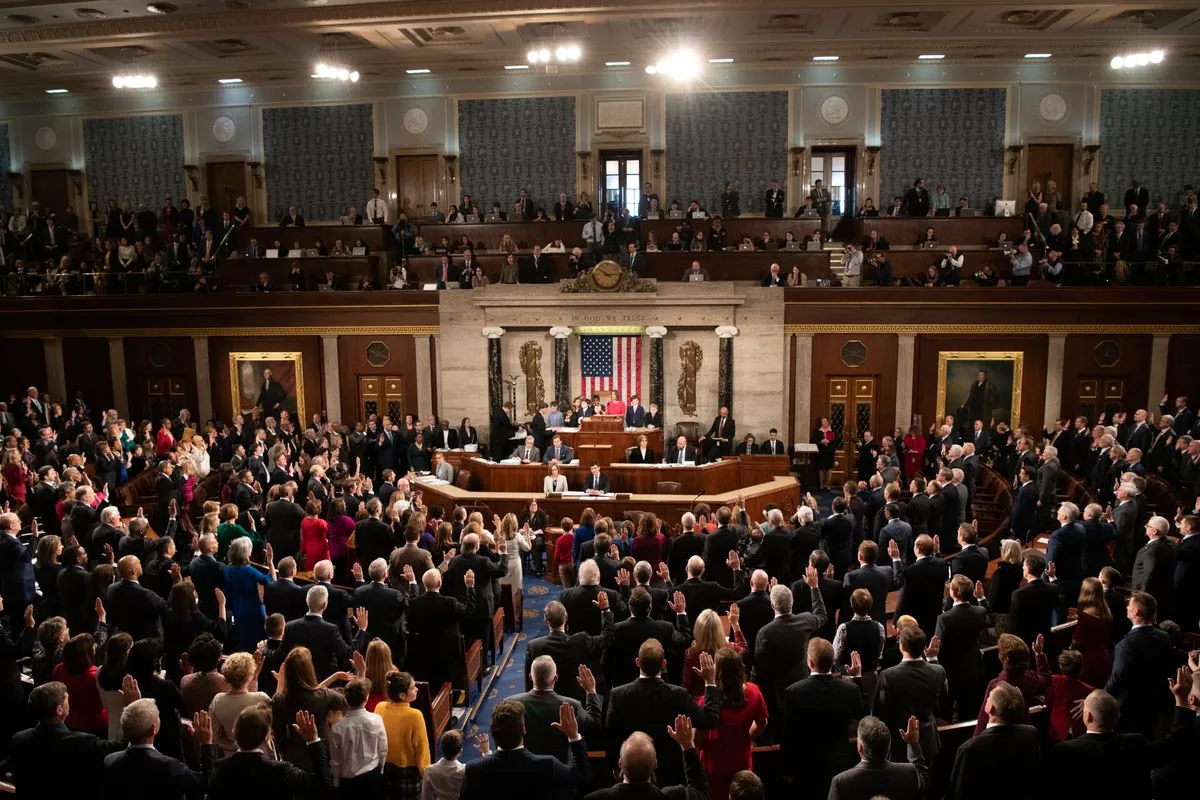Congress is grappling with a complex legislative challenge aimed at providing tax relief for Americans held hostage or wrongfully detained abroad. While there is unanimous agreement on the need to protect these individuals from tax penalties, the path to enacting this change has become entangled in broader political debates.
In May 2024, the Senate unanimously passed a measure to prevent the Internal Revenue Service from imposing penalties on freed hostages who failed to file or pay taxes during their captivity. The House Ways and Means Committee followed suit on September 11, 2024, unanimously advancing similar legislation. However, the House bill includes a controversial provision that would facilitate the revocation of tax-exempt status from nonprofit organizations suspected of supporting terrorism.
This addition has sparked opposition from free speech advocates and pro-Palestinian groups, who fear it could be used to silence dissenting voices or impede humanitarian work in conflict zones. The American Civil Liberties Union has urged lawmakers to vote against the bill, arguing that existing laws already provide mechanisms to address terrorism support by nonprofits.
The inclusion of this provision has created procedural complications. The Senate had employed a rare "deeming resolution" to expedite the bill's passage, but this becomes void if the House alters the legislation. With limited time remaining in the congressional session, it's likely that the process will need to restart in 2025.
Senator Chris Coons, a key supporter of the hostage bill, expressed hope that the House would reconsider its approach to allow for swift passage. However, Representative Jason T. Smith, chair of the Ways and Means Committee, defended the combined legislation, citing the ongoing hostage situation involving Hamas and the need to address both issues simultaneously.
The proposed law would have a minimal impact on federal finances but could significantly affect individuals returning from captivity. Jason Rezaian, a journalist who spent 544 days in Iranian detention, shared his personal experience of facing a $6,000 tax penalty upon his return in 2016. Rezaian noted that the IRS already has practices in place for those held by non-state actors, emphasizing that the new bill aims to extend protections to those detained by foreign governments.
"When I returned home from Iran in 2016 after being imprisoned for nearly a year and a half, I found that the IRS had charged me with thousands of dollars in penalties for not filing my taxes on time."
As the debate continues, lawmakers must balance the urgent need to support hostages and detainees with concerns about potential overreach in nonprofit oversight. The outcome of this legislative effort will have lasting implications for both individuals facing extraordinary circumstances abroad and the broader landscape of civil society organizations operating in complex geopolitical environments.
